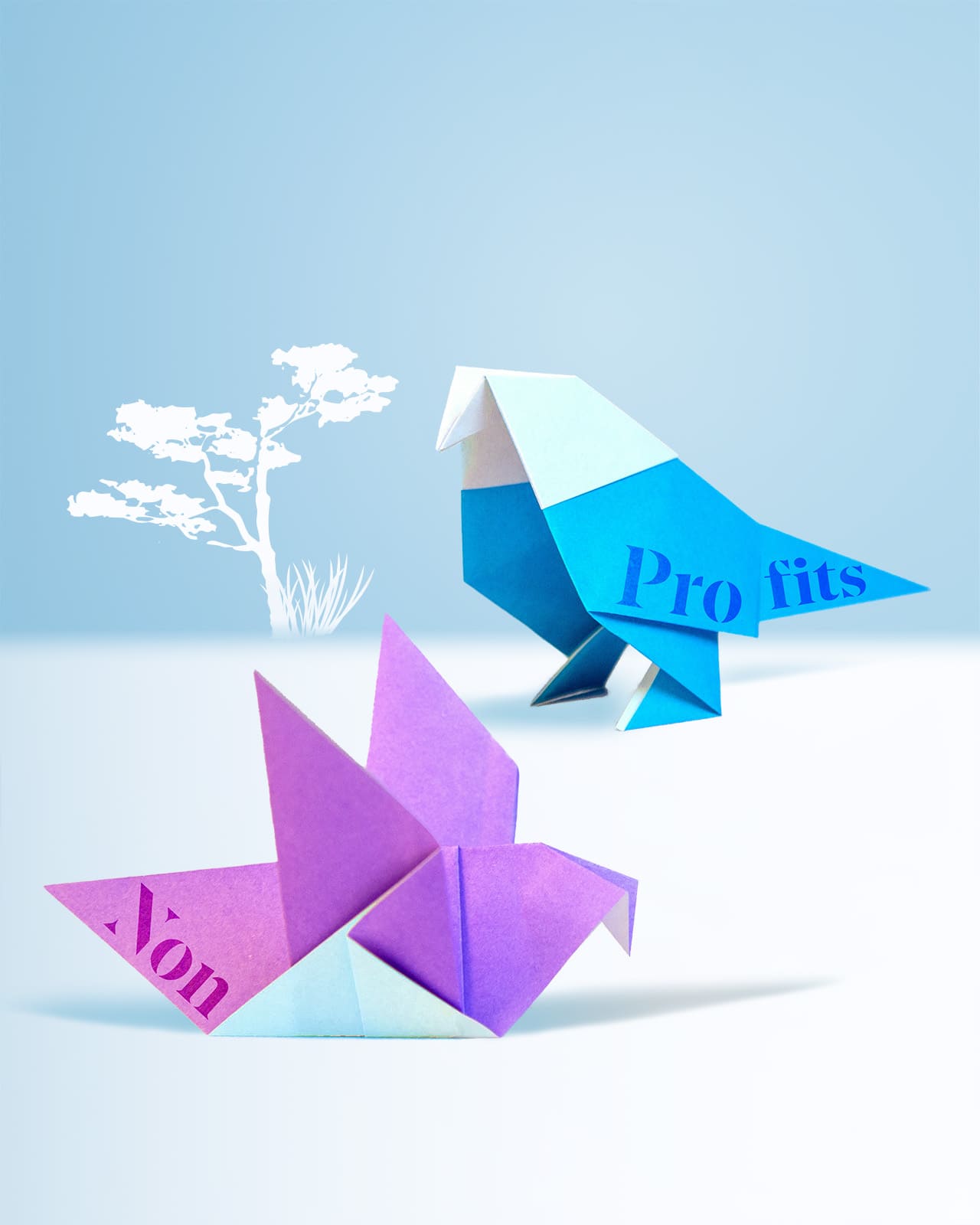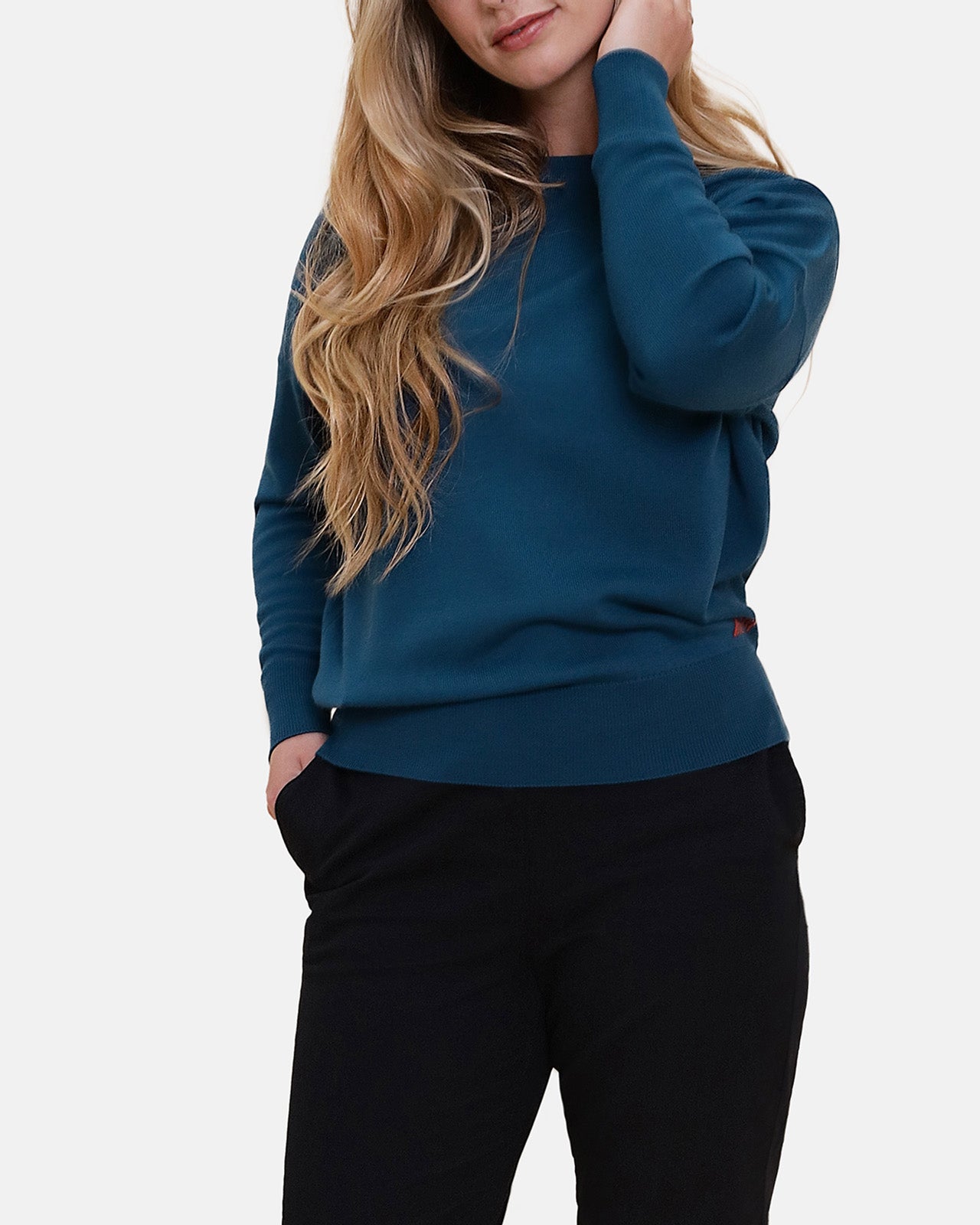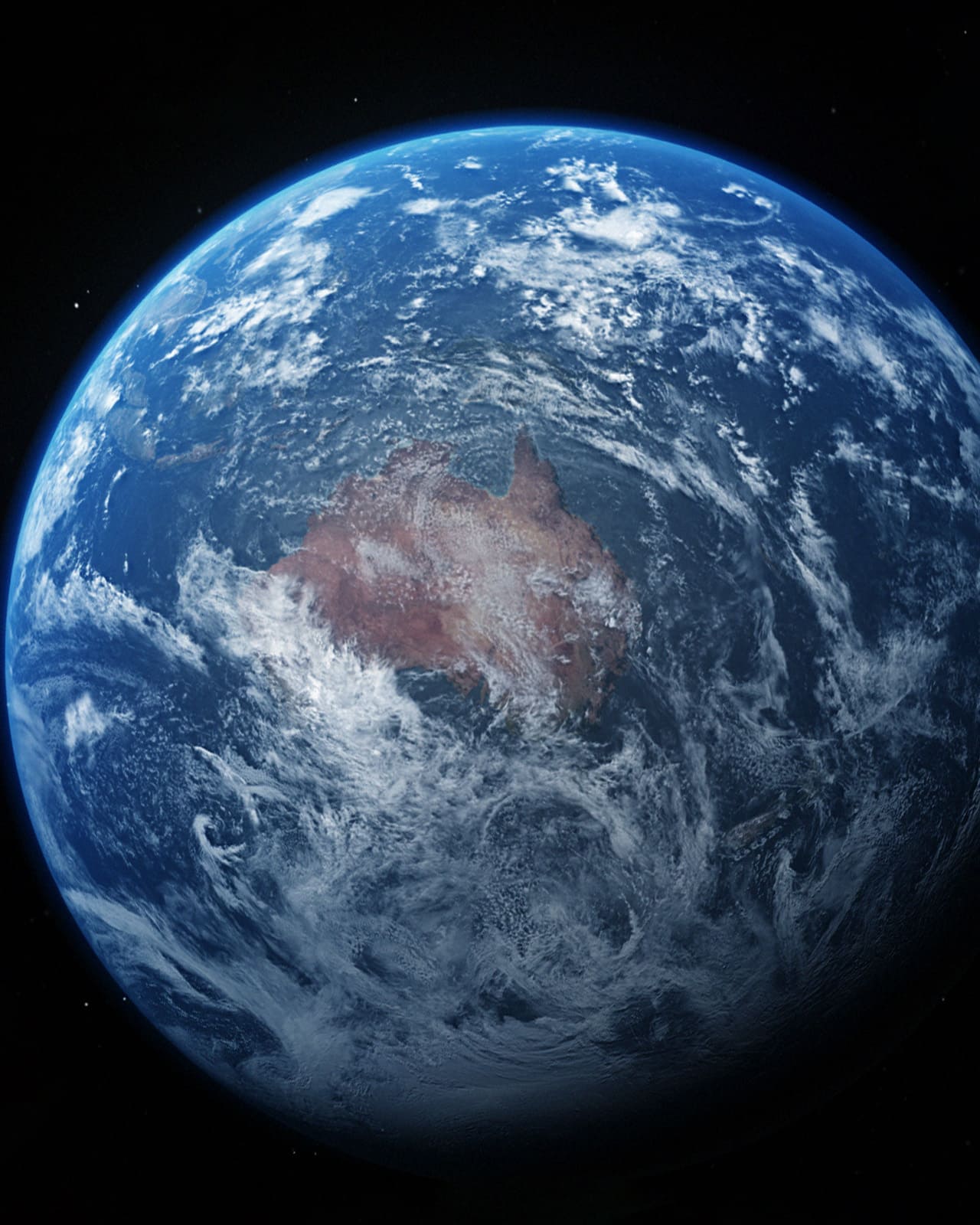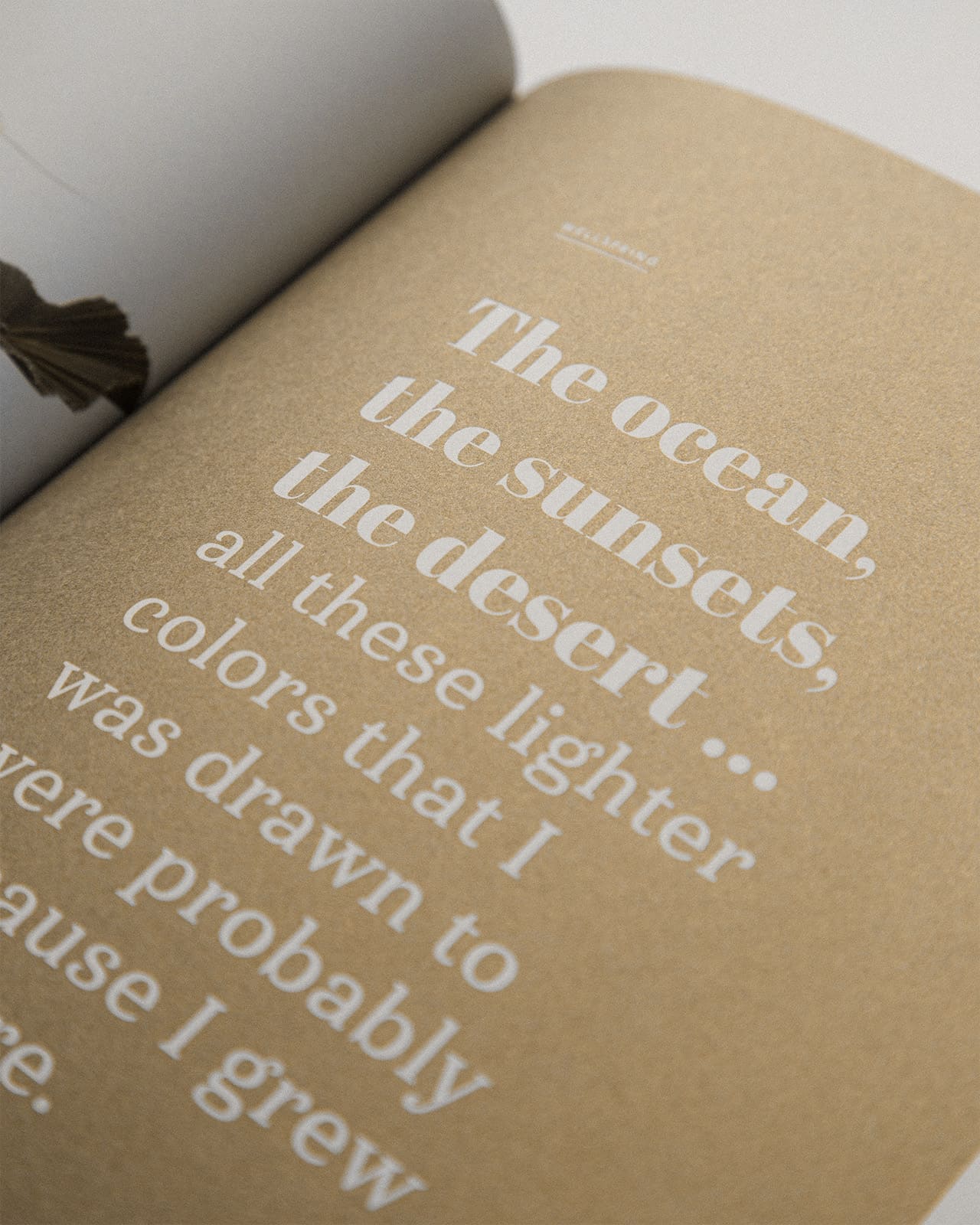Conservation isn’t a marketing strategy—it’s a responsibility. Managing land for both profit and preservation is a constant balancing act. For-profit motives, branding imperatives, and the pressure to deliver results today rather than tomorrow can all distort decision-making. No matter how strong the intention, ecological rationality often takes a backseat to commercial considerations.
At Wide Open World, we believe protecting the planet demands more than goodwill. It requires scientific expertise, regional stewardship, and independent oversight. That’s why we partner with leading conservation organisations—because they bring the expertise and objectivity needed to make ecologically sound decisions, free from commercial bias.
Rethinking Non-Profits: A New Model For Sustainability
Mention non-profits, and most will picture philanthropy—selfless individuals dedicating their lives to a cause. But this divide between profit and purpose is dissolving. To achieve true environmental impact, conservation must be embedded within business itself, not treated as a charitable add-on. We need to rethink environmental organisations—not as philanthropic entities—but as essential partners in sustainable commerce.

Genuine sustainability starts with collaboration
Why conservation needs independent experts
True sustainability doesn’t happen in boardrooms—it happens on the ground. Partnering with non-governmental organisations (NGOs) ensures that conservation efforts remain evidence-based, impact-driven, and independent of corporate interests. These collaborations provide:
- Scientific Authority – Research-backed strategies tailored to protect and restore unique ecosystems.
- Independent Oversight – Conservation guided by ecological priorities, not corporate convenience.
- Community Integration – Approaches that respect and empower local communities.
This is the difference between superficial sustainability claims and measurable ecological restoration.

The Tasmanian Land Conservancy partnership
Our commitment to conservation is exemplified by our partnership with the Tasmanian Land Conservancy (TLC). Tasmania’s Midlands—home to the superfine Merino wool we source—is one of Australia’s most ecologically significant yet threatened landscapes. Together with the TLC, we ensure that:
- For every garment sold, land is permanently protected in proportion to the resources used.
- Protected areas align with our supply chain, creating a coherent conservation strategy.
- Legal covenants secure these lands for future generations, preventing degradation or development.
This isn’t philanthropy—it’s smart, long-term business. The TLC provides a service, ensuring that our sustainability commitments translate into tangible land protection.
A conservation model with real impact
Through the APres Sustainable Business Model, Wide Open World integrates production with preservation:
- Ethical Resource Use – Sustainable land management for wool production.
- On-Farm Conservation – Maintaining biodiversity corridors within farming landscapes.
- Permanent Land Protection – Funding independent conservation efforts that lock in environmental protection, securing habitats for the long term.
For every hectare used in production, a scientifically determined area is conserved—moving beyond eco-efficiency measures that merely intensify resource use to holistic ecological stewardship.
Why independence matters
Unlike many corporate sustainability initiatives that remain inwardly focused, we separate business operations from conservation management. Entrusting land protection to the TLC ensures that ecological priorities—not commercial interests—drive decision-making.
Sustainability must operate at the ecosystem level, not just within private enterprises. Our partnership model is built on this fundamental principle: nature cannot be commoditised, and conservation should be led by those with the expertise to protect it.
“The most marketable decisions aren't always the right ones.”
The alternative: When profit leads conservation
Without independent oversight, sustainability efforts can veer off course. Consider these common missteps:
- Carbon Tunnel Vision Gone Wrong – Instead of protecting native grasslands, well-intentioned businesses may fund the planting of monoculture pine forests—disrupting ecosystems and harming biodiversity.
- Short-Term Restoration Projects – A company might prioritise a visible, short-term project—like planting trees along a single river—over supporting a broader, long-term conservation effort that enhances habitat connectivity for endangered species.
The most marketable decisions aren’t always the right ones. That’s why we believe conservation should remain independent from for-profit actors while being embedded into business models—just as we do at Wide Open World. This approach creates a self-sustaining virtuous cycle in which economic activity directly supports long-term conservation, ensuring a future where both nature and society can thrive.
Redefining sustainability in fashion
Imagine knowing that the garment you wear has directly contributed to the permanent protection of fragile ecosystems. That’s the Wide Open World standard. We don’t engage in short-term tree-planting schemes or carbon tunnel vision—we invest in holistic conservation that safeguards biodiversity, water systems, and habitat integrity.
Join the movement
Sustainability isn’t an afterthought—it’s fundamental to how business should operate in an ecologically conscious world. At Wide Open World, we invite you to be part of a new model of commerce—where conservation and craftsmanship go hand in hand.
Join us in a new era of fashion—where every piece you wear safeguards a future worth protecting. Join us in restoring balance.














